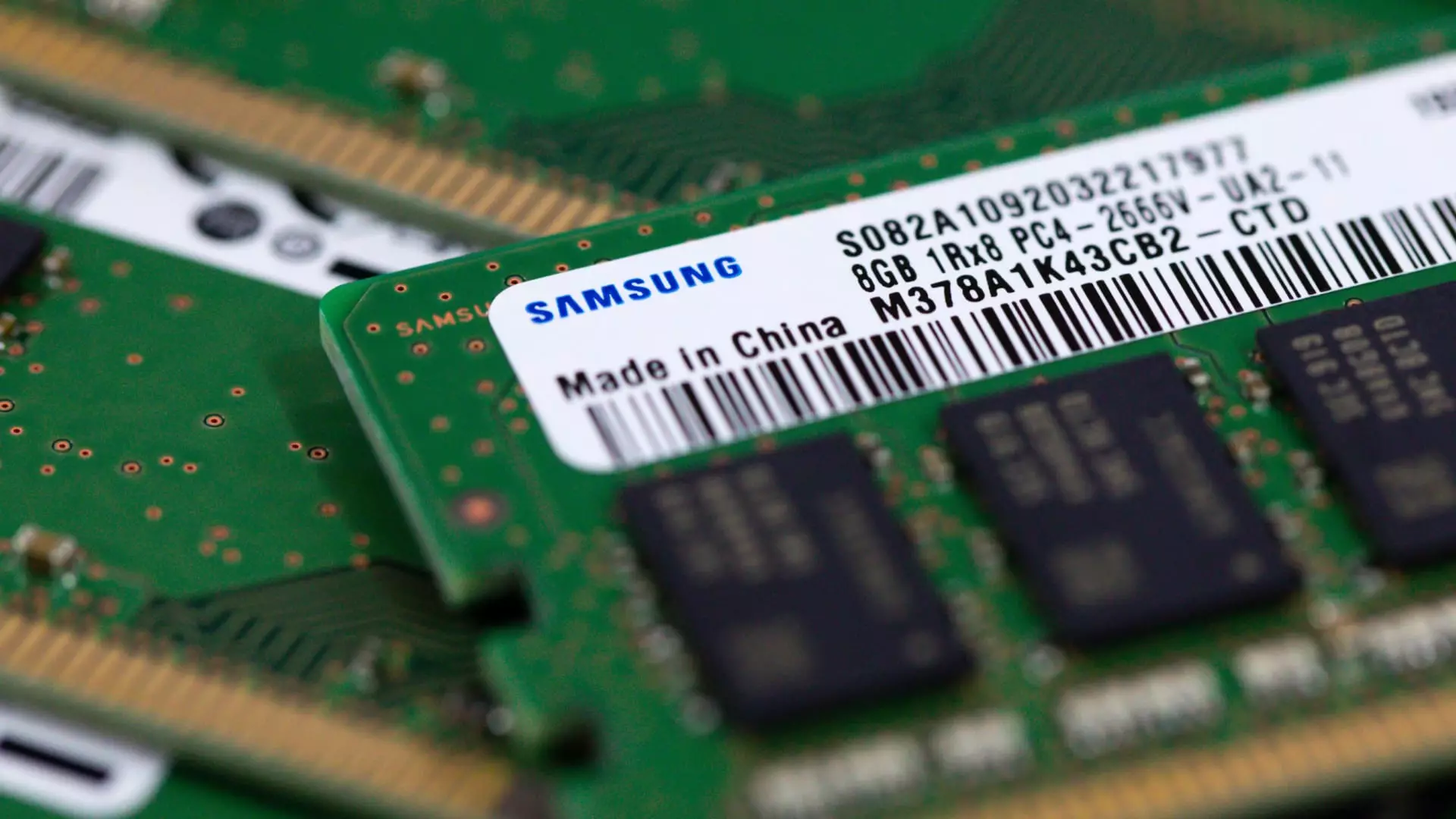The recent decline in tech and chip-related stocks in Asia was primarily due to Nvidia’s second-quarter results. This led to losses in various companies with direct connections to the U.S. tech giant, including SK Hynix and Samsung Electronics. SK Hynix’s shares fell by 6.74% as they manufacture high bandwidth memory chips for Nvidia, while Samsung Electronics, a key player on the Kospi index, experienced a 3.8% decrease. The impact also spread to other suppliers like Taiwan Semiconductor Manufacturing Company and Foxconn, who saw losses of up to 2.8% and 2.96%, respectively.
Broader Effect on the Market
The ripple effect extended to other tech stocks, with Japanese semiconductor companies like Renesas, Advantest, and Tokyo Electron seeing declines of 3.2%, 3.6%, and 3.49%, respectively. Chinese chipmakers listed in Hong Kong, despite not being directly linked to Nvidia, also faced losses. SMIC and Hua Hong Semiconductor experienced drops of 1.4% and 1.66%, respectively. The overall sentiment was impacted by fears of Nvidia’s ability to sustain its growth trajectory in the current quarter.
While Nvidia exceeded revenue and earnings estimates, shareholders may have been concerned about the company’s future growth potential. Luke Rahbari of Equity Armor Investments highlighted Nvidia’s strong position in the industry but mentioned a possible slowdown in growth. Despite the positive results, Nvidia’s gross margin decreased to 75.1%, below analysts’ expectations. Mark Lushcini of Janney Montgomery Scott considered the decline in Nvidia shares as a minor setback, given the company’s significant growth over the year.
Investors are closely monitoring Nvidia’s performance and market reactions to assess its long-term prospects. The company’s dominance in the industry and past track record of exceeding expectations provide some reassurance to shareholders. However, concerns about growth sustainability and margin forecasts remain key factors influencing investor sentiment. The volatility in the tech and chip sector underscores the importance of staying informed and adaptable to market fluctuations.
The recent dip in tech and chip-related stocks in Asia was mainly driven by Nvidia’s second-quarter results. While the market reacted negatively to some extent, industry experts remain optimistic about Nvidia’s long-term prospects. The fluctuations in stock prices highlight the inherent volatility in the tech sector and the need for investors to carefully evaluate market dynamics. Despite the challenges faced by the industry, opportunities for growth and innovation continue to shape the future of technology companies in Asia and beyond.


Leave a Reply